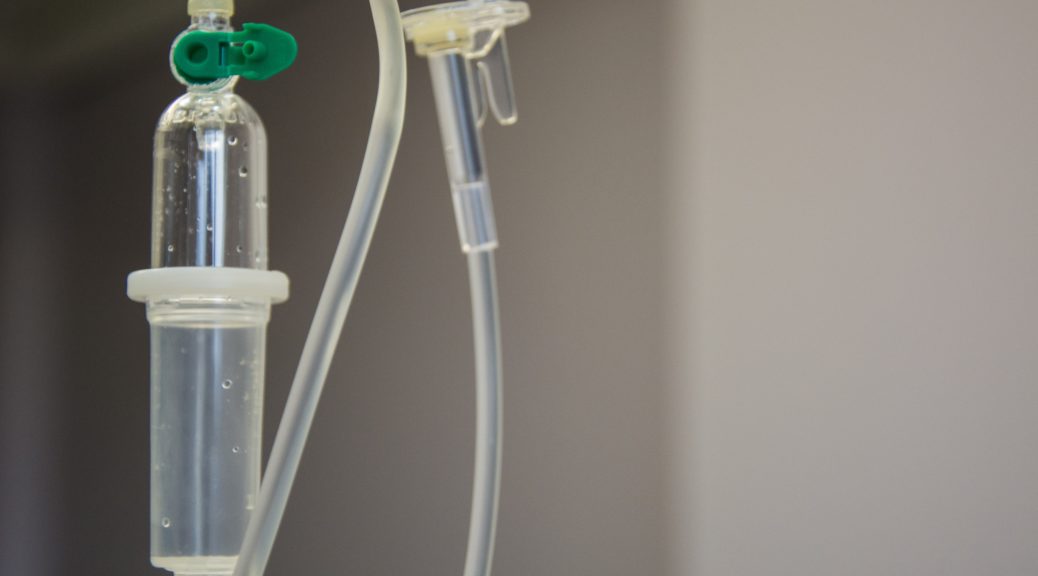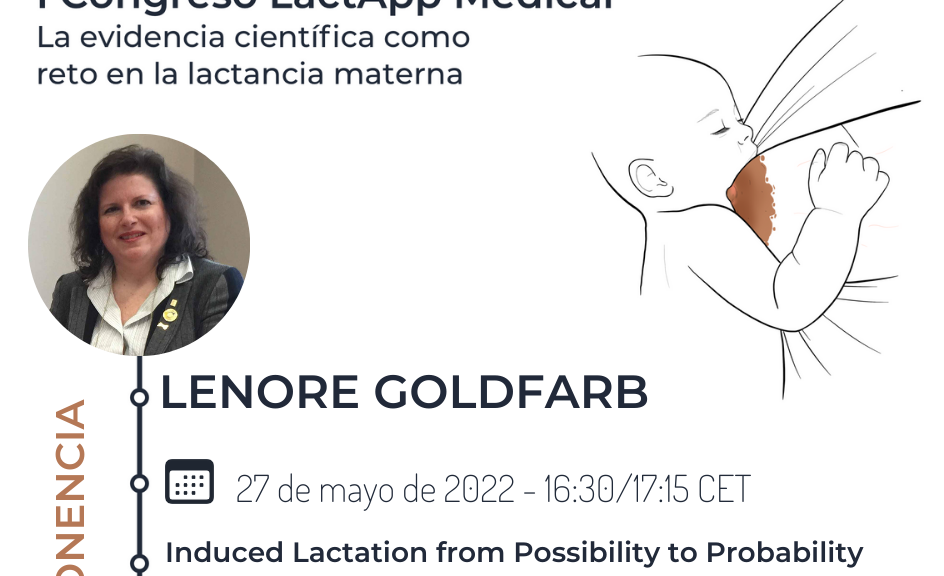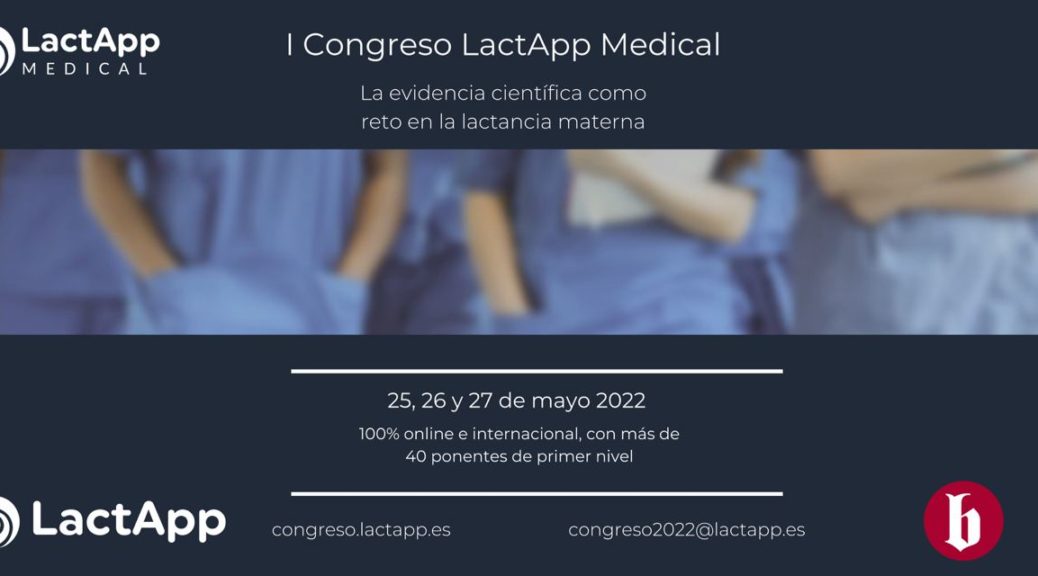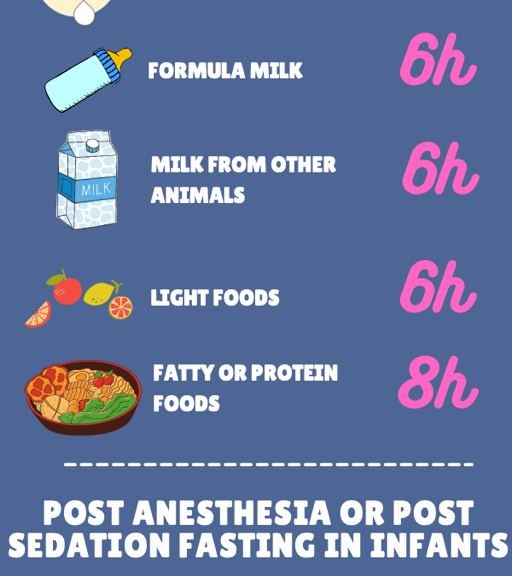Children’s Rights in Hospital
The 13th of May marks the occasion of the International Day of the Hospitalized Child, so in this article, we would like to talk about the rights of hospitalized children. The hospitalization of a child can be a shock to families and their children. Additionally, if you are breastfeeding and/or have other children, this can be extremely difficult to manage. There are international agreements that protect hospitalized children and their families in this situation. The rights of hospitalized children are included in…









